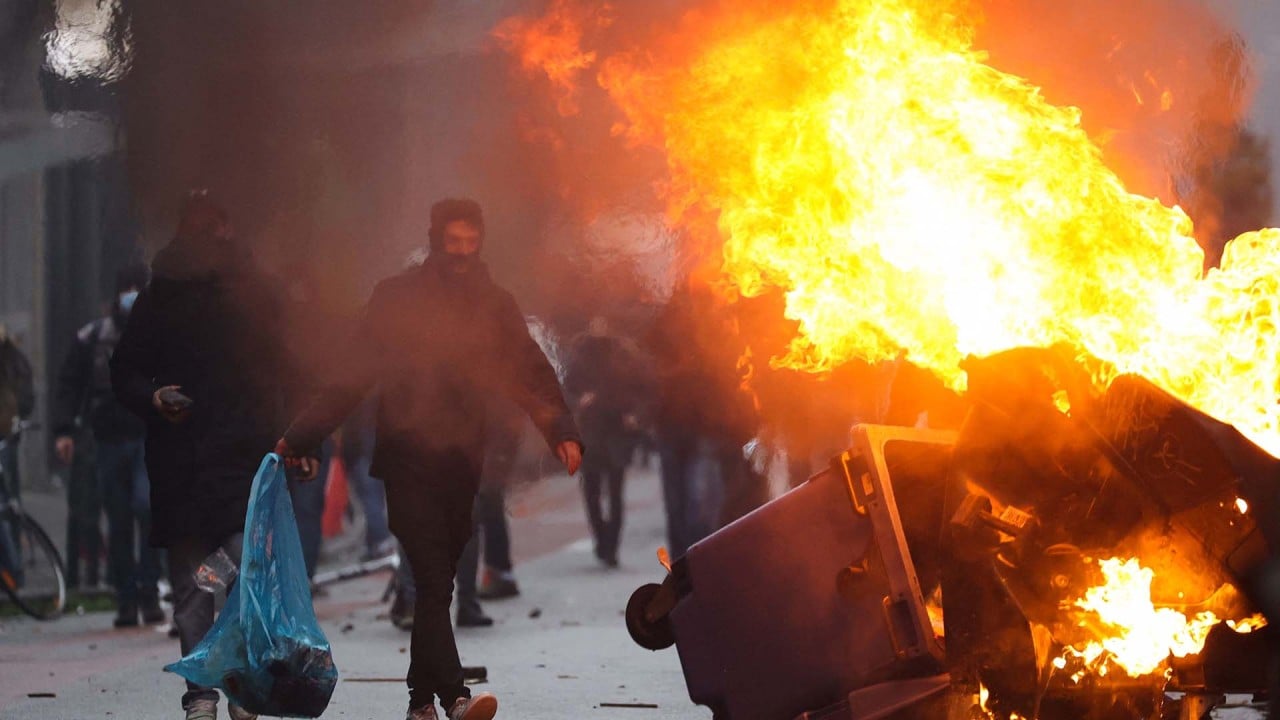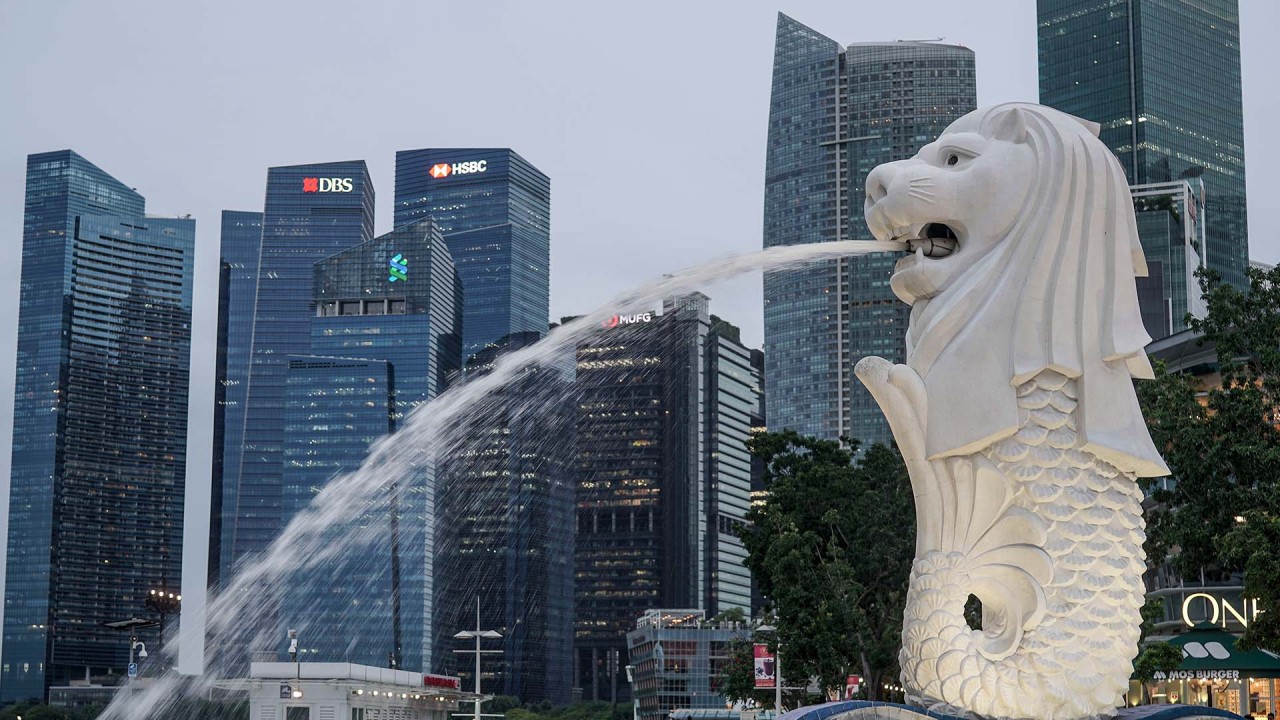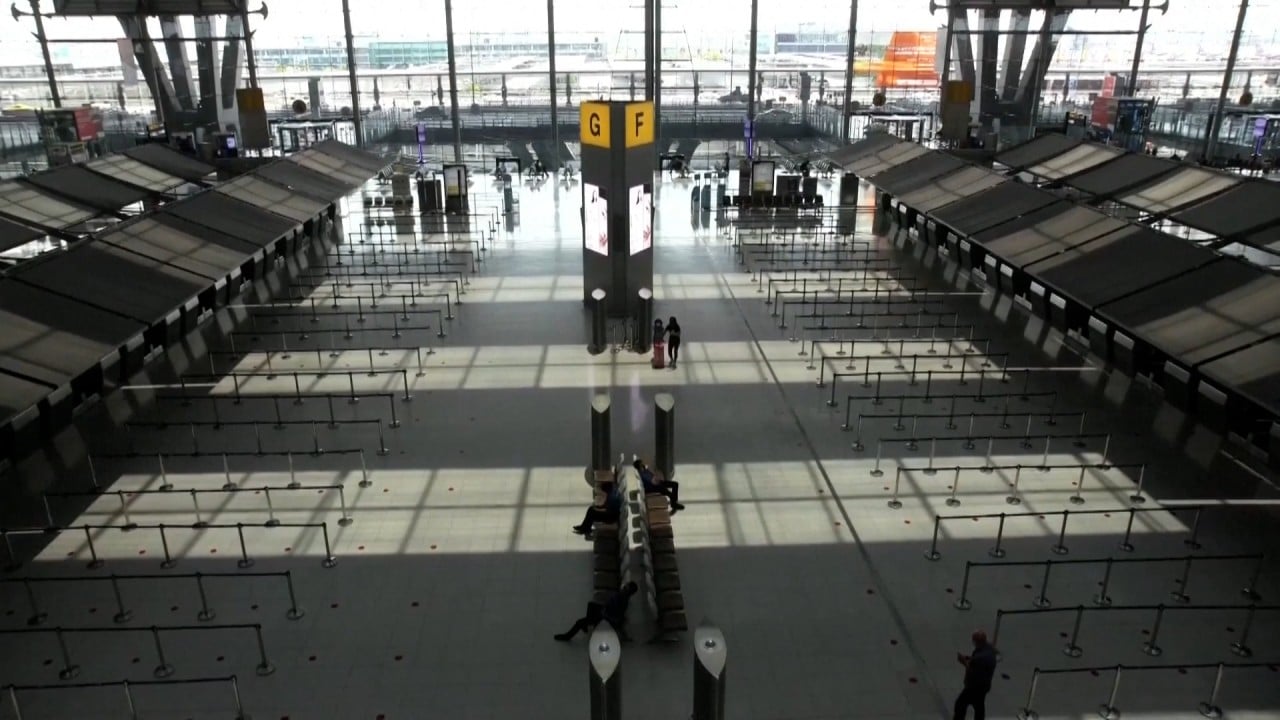
Covid-19 protests show tug of war between individual rights and collective responsibility
- Across the West, people enjoy liberties but chafe against restrictions. In Asia, many accept sacrifices for the collective good but this risks dissatisfaction, which destabilises society
- The key is in finding the right balance that best suits the country and its people
The Covid-19 pandemic has sparked discussions over what should be the priority in our society, providing new perspectives on the debate between individual rights and collective responsibility. Depending on who, where and how we ask the question, different conclusions can be drawn.
Either view in its extreme form is unproductive for humanity’s survival and progress. An extreme belief in absolute individual rights would produce some form of anarchy, while the other extreme would result in some form of tyranny.
Finding the balance is often easier said than done and the more pragmatic approach is to fully understand our positions and realities, to do what is most reasonable and effective in the stage we are at.
In better, peaceful and more comfortable times, it is extremely challenging to convince and expect most citizens to concede individual liberties in favour of more long-term and grave challenges ahead.
Distrust of the authorities is real and widening. If this is already so hard, just imagine how many individuals, and even governments, react to climate challenges which, unlike a pandemic, does not always produce casualties immediately.
To many people living in the often relatively wealthy Western societies, their political system and doctrine of liberal democracy is centred on one crucial purpose – to prevent authoritarian rule and tyranny by any single actor, especially after the two world wars that started on the European continent.
In providing as many rights and as few restrictions as possible to individuals, the strong underlying belief is that individuals can vote for the greater good, as checks and balances against political actors.
For the greater part of the 20th century after World War II, the system achieved great successes. Precisely due to this experience, the West has stepped up its efforts to promote and spread liberal ideals to the rest of the world as its understanding of universal values for a better world.
China is proud of its own democracy and wants no part of flawed US model
In free and democratic societies, this responsibility is “outsourced” to the masses, who are to ensure a just, inclusive and compassionate society through their votes, with the assumption that most individuals are empathetic and altruistic.
Meanwhile, in much of the developing world, most citizens simply do not enjoy the same level of comfort, wealth and individual rights that many do in the West. Ultimately, they want to enjoy a higher standard of living too and they accept that individual sacrifices may be needed to get there.
This has shaped a strong conformity with the authorities for many, especially in times of crises under a strong leadership, even where there is some scepticism.
However, tolerating governments too much offers no guarantee that individuals will get more rights when the country has successfully developed, often measured in the economic terms.
The most sustainable approaches to collective responsibility are those that recognise and acknowledge individuality and constantly evaluates what “collective success” means for everybody. Can individuals trust governments to know better than them in every situation?
Any collective-driven approach that places enormous costs on the individual will be a tough sell. Too much dilution of individual rights to collective responsibility takes away people’s motivation to be a part of society. Long-term instability arises as a result of such social dissatisfaction and, as history has shown, consequently governments get toppled, though not necessarily for the better.
2 years after Hong Kong mass protests, will the unrest return?
A recognition that collective approaches need great fluidity and constant reforms to maintain itself is essential for its sustainability. Too many restrictions under the banner of collective interest will not work forever.
Yet, a society consists of a group of people who have banded together for their common good. An overemphasis on individual rights destroys this social coherence.
Optimising mutual individual interests as the collective interest is a tool to resolve individual interests in a manner widely perceived as fair, and this is essential to prevent internal instability and chaos from tearing our collective interests apart.
Ultimately, it is problematic to prioritise individual rights over collective responsibility, as it is the other way around. Rather, it depends on the local context, the stage of national development and individual expectations of the role of the authorities in influencing societal norms.
The aggressive pursuit of individual rights can only exist as a result of years of faithful commitment to the prioritising of collective responsibilities. It is more realistic to find the best locally acceptable solution and navigate to success from there.
Chee Yik-wai is a Malaysia-based intercultural specialist and the co-founder of Crowdsukan focusing on sport diplomacy for peace and development




